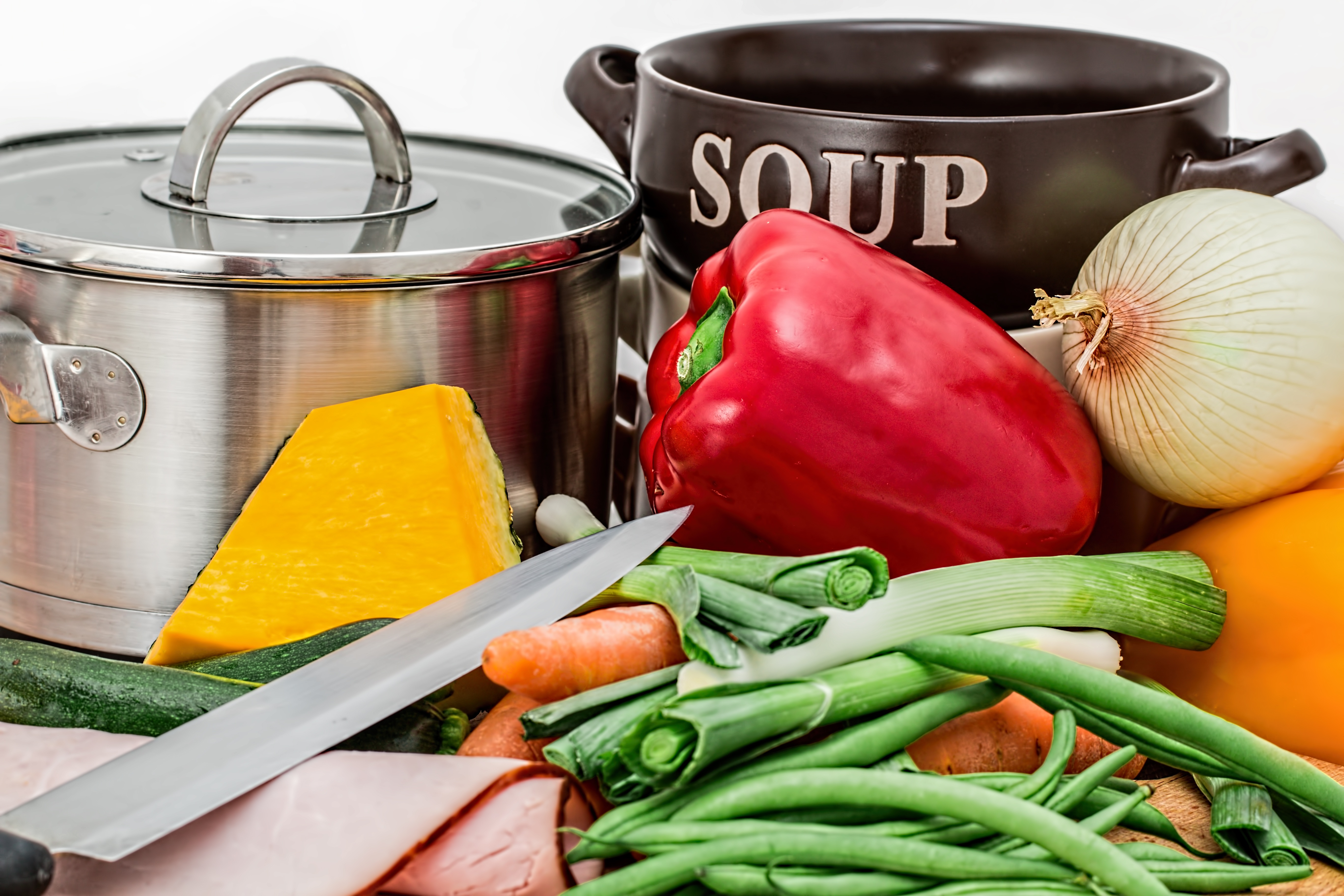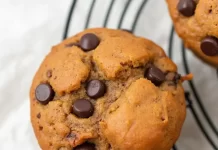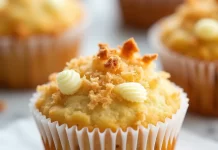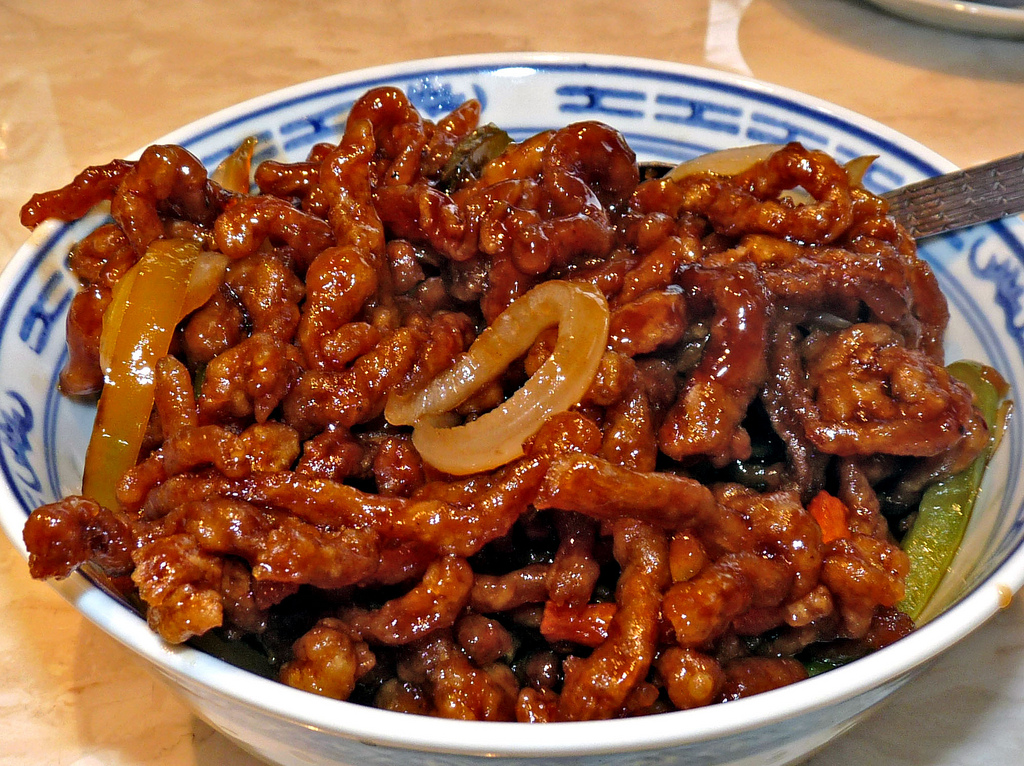By Norma Holt
As someone who grows their own fruit and vegetables my cooking methods are rather particular. The quality of food is essential for good health so preparation must be done to protect the enzymes and flavonoids within it. To begin with the way vegetables are gathered is important to ensure the goodness is preserved. How quickly they are eaten after picking is also important.
When gathered in the garden most vegetables can be eaten and enjoyed raw. There is nothing more beautiful than a freshly harvested corn cob. The sweet tender taste is enhanced by the juice it holds in abundance. So why should this be taken away and cooked? The same can be said of the home-grown tomato, peas, beans, or even broccoli.
In the case of the latter instead of picking the whole head take only a few florets when required. They can be cut or broken from the main stalk as needed. Don’t wash but lightly cook in a microwave if necessary. No longer than a minute on its own or with other varieties but always without water.
Silver beet can be gathered by the leaves as required. One leaf is usually ample for me plus a leaf of kale. Along with a few rounds of carrot or pumpkin my evening meal consists mainly of these beautiful products.
Anyone can grow vegetables as they are the least fussy of any crops. As long as they have sunshine, an occasional feed of seaweed fertiliser and plenty of water there is not much that can go wrong? Even in an apartment one can grow something, including essential herbs.
The best advice is not to over cook and it’s best done dry in a micro-wave. When they are boiled in water the goodness goes down the drain when the liquid is strained off. Don’t make that mistake but think of the wonderful healthy gut you can have by adding that extra fibre along with the other goodies in the food.
Fruit and vegetables that are uncooked or only partially so retain the enzymes and they will work the gut as they pass through it. This is like a huge cleansing bush that not only massages the colon but gets into the crevices and frees it of anything that might otherwise hang there and cause a polyp or worse, cancer.
Article Source: http://EzineArticles.com/9778572









